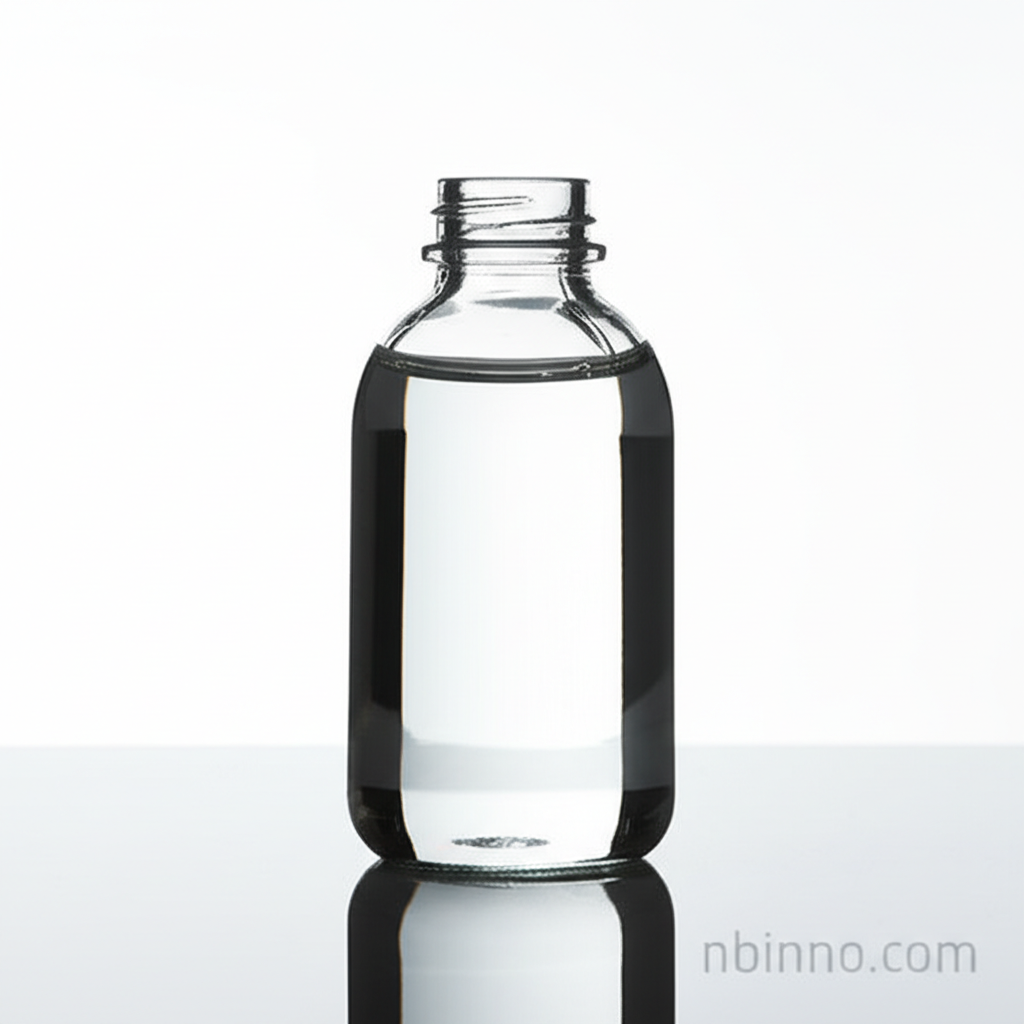Hydroxypropyl Methacrylate (HPMA): Properties, Applications, and Industrial Advantages
Explore the versatile applications and key benefits of HPMA, a crucial monomer for modern material science.
Get a Quote & SampleProduct Core Value

Hydroxypropyl Methacrylate
Hydroxypropyl Methacrylate (HPMA) is a functional monomer vital for synthesizing advanced polymers. Its unique hydroxyl group contributes to improved adhesion, cross-linking capabilities, and enhances properties like corrosion, fogging, and abrasion resistance. This makes it an indispensable component in high-performance formulations.
- Leverage HPMA's enhanced adhesion to surfaces for stronger bonding in your adhesive formulations.
- Utilize HPMA as a reactive diluent to modify viscosity and improve processing in coatings.
- Benefit from the corrosion and abrasion resistance imparted by HPMA in demanding industrial applications.
- Explore the potential of HPMA in biomedical applications and advanced resin systems.
Key Advantages Provided by HPMA
Enhanced Adhesion and Cross-linking
The hydroxyl group in HPMA significantly boosts adhesion to various substrates and provides active sites for cross-linking, leading to more durable and robust polymer networks.
Improved Resistance Properties
HPMA contributes to excellent marring resistance, solvent resistance, high gloss retention, and superior weatherability, ensuring longevity and performance in challenging environments.
Versatile Reactive Diluent
As a reactive diluent, HPMA can effectively reduce viscosity in formulations, making processing easier and allowing for higher solids content without compromising performance.
Key Applications
Coatings and Paints
HPMA is widely used in hot-curing acrylic coatings and UV-curable materials, providing excellent gloss and weatherability for automotive and industrial applications.
Adhesives and Sealants
Its ability to copolymerize and enhance adhesion makes HPMA a key component in various adhesive formulations, offering strong and durable bonds.
Inks and Photosensitive Materials
HPMA is utilized in photosensitive coatings and printing inks, contributing to their curing properties and overall performance.
Polymer Modification
HPMA acts as a polymer modifier and processing aid, improving the characteristics of various acrylic polymers and resins.
